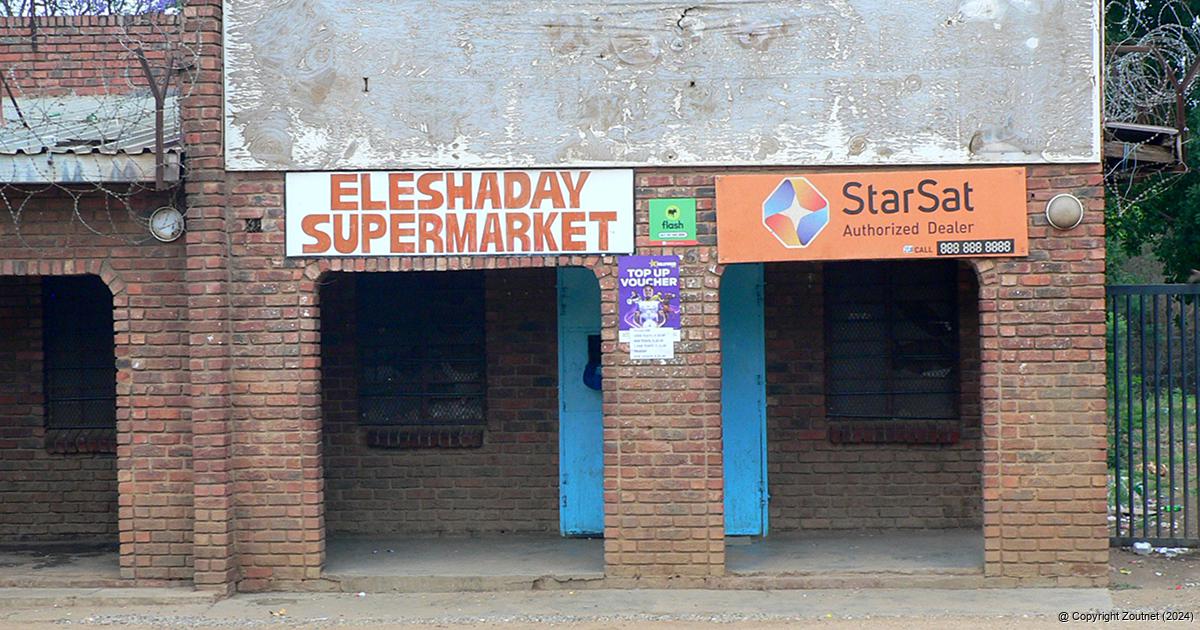
Some spaza-shop owners in Tshikota township were reluctant to speak to the media. Photo: Bernard Chiguvare.
News Date: 24 October 2024
Inspectors of the Vhembe District Environmental Health Services (EHS) have intensified their checks on spaza shops and food vendors, focusing particularly on chicken, fish, and meat. This follows a rise in reported food-poisoning cases across the district.
Recently, 64 learners from Denga High, Mukhwantheli High, and Makahlule Primary Schools in Vhembe were treated for suspected food poisoning. The situation is even more severe nationally, with several deaths reported after children had consumed contaminated food.
“We previously conducted monthly inspections, but recent events have prompted us to switch to daily checks. We understand that spaza shops and vendors often source products from wholesalers, so we have expanded our visits to include these suppliers on a weekly basis,” said Michael Mukwevho, Vhembe District’s manager of environmental health services.
Mukwevho pointed out issues in the current system of regulating street vendors and spaza shops. While EHS is tasked with ensuring health standards, the economic development sector within local municipalities handles business registrations. This means EHS often lacks access to crucial data.
"When vendors or shop owners fail to adhere to health regulations, they face fines. However, even if a vendor is fined for non-compliance, they may still receive a license from the local municipality," he said.
Mukwevho also emphasised that storing food for resale in cooler boxes is prohibited as this increases the risk of contamination.
The EHS chief noted that foreign-owned spaza shops are often blamed for food poisoning, but this does not tell the full story. “These shop owners purchase their supplies from local wholesalers. We also need to consider the health of learners and the cooks preparing food for them at school. Additionally, the additives in snacks require further investigation,” he said.
Mukwevho added that pinpointing the cause of food poisoning was not always straightforward. It can stem from various sources, including food children bring from home and share with friends. Simply blaming a nearby spaza shop does not address the problem.
The EHS provides annual training for school cooks and urges the community to prioritise health and hygiene. Additionally, they have expanded their efforts to confiscate or destroy food stored under unhealthy conditions to prevent further contamination.
A visit by the newspaper to spaza shops in Tshikota township and Elim revealed some of the potential risks consumers face. Most shop owners were hesitant to comment or allow journalists into their shops.
One shop owner said he discarded any food that remained on the shelves past its expiry date. Although his chicken appeared fresh, it had no expiry label. He explained that his products sold so quickly that adding expiry dates seemed unnecessary.
Lucky Mneno, who runs a spaza shop in Elim, shared his approach: “I regularly check my products, and if something is expired, I burn it to prevent children from consuming it. I also offer exchanges or refunds for expired items.”








